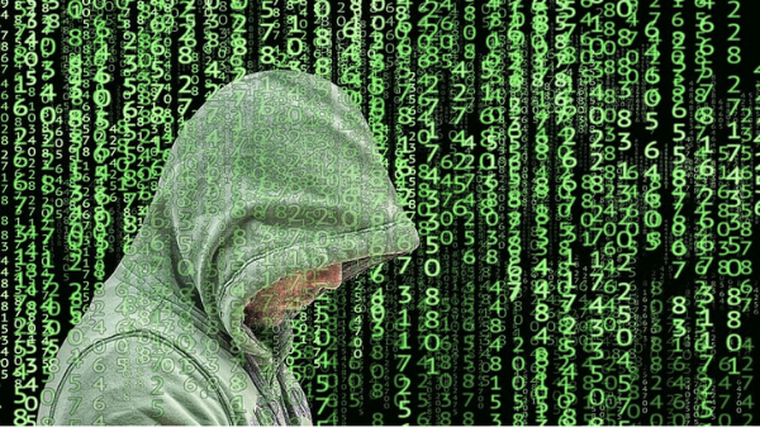Stay safe from cyber attacks

There has been a barrage of cyber attacks on individuals and organisations since the emergence of Covid-19.
The problem is exacerbated as more people are working remotely, so they are vulnerable to malware and email phishing attacks.
In a study commissioned by Barracuda Networks, 40 per cent of New Zealand organisations had at least one data breach since shifting to remote working.
Meanwhile, 37 per cent of employees experienced email phishing attacks.
These cyber security issues are a growing problem as hackers are using sophisticated systems to unleash malicious activities.
Let’s take a closer look at three cyber attacks that organisations and individuals are wrestling with in the Covid-19 world.
Main cyber issues Kiwis face
While many of the cyber-security challenges are not new, hackers have created tactics related to the themes of a global emergency.
They exploit the fear and uncertainty surrounding the pandemic, and people’s constant need for current information and news about Covid-19. Cyber attacks include:
• Mail and text-message scams.
• Ransomware campaigns that target the healthcare industry and other corporate entities
• Email phishing campaigns with Covid-19 themes encourage people to click on links or attachments, which brings them to malicious websites
Shockingly, though faced with these risks, 41 per cent of companies do not have an up-to-date cyber-security strategy in place.
However, employers and individuals need to be more vigilant because hackers are taking a high interest in coronavirus to launch malicious attacks.
These attacks not only compromise confidential information, such as credit-card details but can also result in a substantial financial loss for companies.
Ways to boost cyber security
These are some of the hygiene measures organisations and individuals can practise to increase protection against malicious actors:
• Use a virtual private network (VPN).
Employers should encourage their remote workers to use a VPN, especially when handling sensitive and confidential work data. In this way, a company can have peace of mind that its information is accessed privately and securely.
• Turn on two-factor authentication.
Add a second layer of protection by turning on two-factor authentication. In addition to a username and password, a code is required to enter to gain access to an account or site. Organisations should employ this practice especially for remote employees when they are accessing email or the company’s intranet. This can help to reduce online scams and phishing attacks.
• Use strong passwords.
Some individuals put little thought into creating a password, which is a significant cyber risk. Passwords that are easy to crack stand no chance against a sophisticated hacker. They can use your password to email a scam to people on your contact list. Use a combination of letters, numbers and symbols to make passwords difficult to crack or consider using a passphrase.
• Account breach monitoring.
Reduce your chance of a cyber attack by using a monitoring tool to see if your email or password has been compromised. This account breach monitoring should become a routine activity. Some tools will also proactively notify you if an account breach is detected.
• Train employees to stay alert.
With more people working from home, organisations should train employees to help them identify and avoid scams and phishing attacks. For example, emails should be treated with scepticism if received from an unknown sender and includes a link or attachment. Double-check with the sender and if the email cannot be verified, delete it immediately.
To avoid scams asking for donations to ease the impact of Covid-19, contact the charity directly to ascertain its needs and how to donate.





